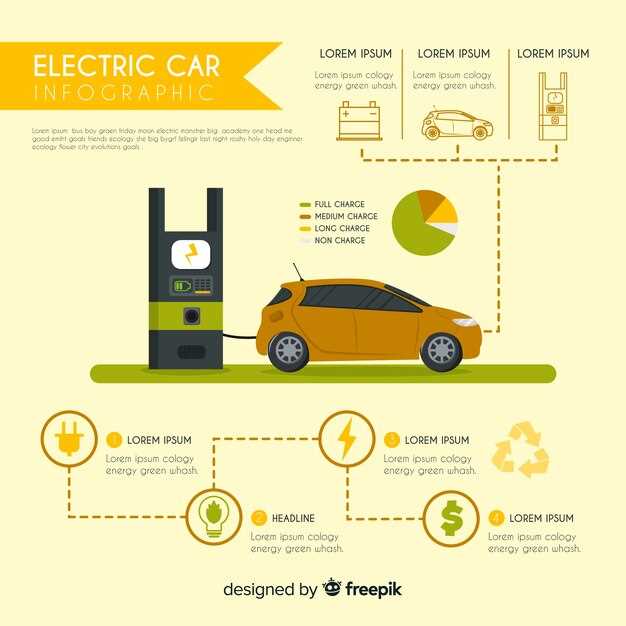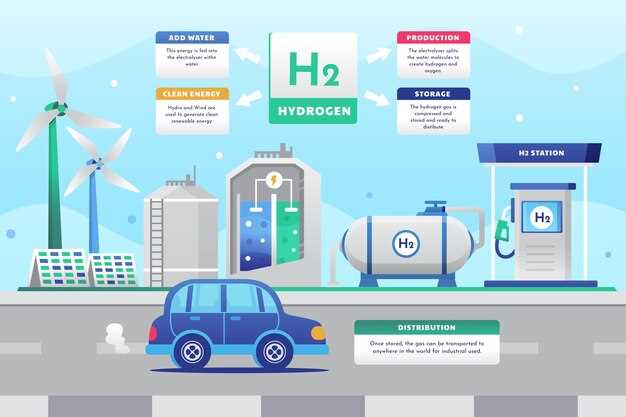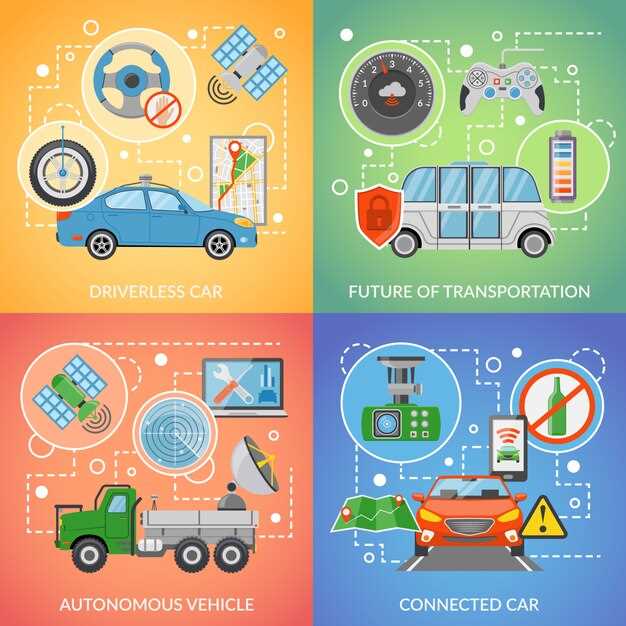
As the automotive industry evolves, the debate between electric and gas vehicles continues to gain momentum. Understanding the fundamental distinctions between these two types of vehicles is essential for consumers looking to make informed choices. Each vehicle type brings its own set of advantages and challenges that influence performance, efficiency, and environmental impact.
Ultimately, the decision to choose between electric and gas vehicles comes down to individual preferences, driving habits, and long-term goals. In this article, we will explore five key differences that highlight how electric and gas vehicles measure up against each other, shedding light on their respective benefits and drawbacks.
Cost of Ownership Comparison: Electric vs Gas Vehicles

When considering the total cost of ownership, electric and gas vehicles present distinct differences that potential buyers should evaluate. The upfront cost of electric vehicles (EVs) tends to be higher than that of gas cars due to the expensive battery technology. However, various government incentives, rebates, and lower maintenance costs can make EVs more financially appealing over time.
In terms of fueling costs, electric vehicles generally offer significant savings. Charging an EV is typically cheaper than purchasing gas, especially when charged at home during off-peak hours. Moreover, as charging infrastructure expands, the convenience of recharging continues to improve, adding to the overall appeal of electric models.
Maintenance expenses also differ considerably between the two types of vehicles. Electric vehicles have fewer moving parts and do not require oil changes, resulting in lower long-term maintenance costs. In contrast, gas vehicles require regular engine servicing and part replacements, potentially leading to higher cumulative expenses.
Insurance rates can vary based on the features of each type and market trends. While electric vehicles may have slightly higher premiums due to their higher value and specialized repairs, advancements in technology could level this field as electric cars become more mainstream.
Lastly, resale value can impact total ownership costs. Electric vehicles are gaining popularity, which could enhance their resale value over time. Conversely, gas vehicles might depreciate faster due to increasing fuel economy standards and environmental regulations pushing consumers toward cleaner options.
Performance Metrics: Acceleration and Range Analysis

When comparing electric vehicles (EVs) and gas vehicles, performance metrics such as acceleration and range play a crucial role in consumer decision-making. Understanding these features helps elucidate the differences between the two types of vehicles.
Acceleration
Electric vehicles are renowned for their instant torque delivery, which typically results in superior acceleration compared to gas vehicles. Here are key aspects:
- Instant Torque: EVs can achieve maximum torque immediately, allowing for quick starts from a standstill.
- Performance Variability: While many gas vehicles may require higher RPMs to reach peak performance, most electric motors deliver consistent acceleration across various speeds.
- Benchmark Models: High-performance electric vehicles often outperform traditional gas models in 0-60 mph times, highlighting their acceleration capabilities.
Range
Range remains a significant consideration for potential buyers. Here’s how EV and gas vehicle ranges compare:
- Fuel Efficiency: Gas vehicles generally offer longer ranges due to the high energy density of gasoline compared to current battery technologies.
- Charging Infrastructure: EVs are becoming more compatible with fast-charging networks, improving their usability for long trips but still requiring more frequent stops than refueling gas vehicles.
- Real-World Performance: Many electric models can achieve a range of over 300 miles per charge, while gas vehicles often reach similar numbers with a full tank, but this can vary greatly by model.
In summary, electric vehicles excel in acceleration due to their design and torque characteristics, while gas vehicles typically provide greater range continuity, depending on infrastructure and fuel availability. Understanding these performance metrics is essential for consumers when choosing between electric and gas vehicles.
Charging Infrastructure and Maintenance Requirements
The charging infrastructure for electric vehicles (EVs) significantly differs from the fueling stations used for gas vehicles. While gas vehicles rely on a vast network of gas stations, EVs require dedicated charging stations that can be situated at homes, workplaces, and public locations. The availability and accessibility of charging points are crucial features for EV users, influencing their choice to switch from gas to electric.
Electric vehicles typically use Level 1, Level 2, or DC fast charging options. Level 1 chargers, which use standard household outlets, provide the slowest charging but are convenient for overnight charging at home. Level 2 chargers, found in public charging stations, offer faster charging times, while DC fast chargers can quickly restore a significant charge to the battery in a short period, ideal for long-distance travel. In contrast, gas vehicles require only brief stops at fueling stations, making them more convenient for immediate refueling needs.
Maintenance requirements also vary greatly between the two vehicle types. Gas vehicles have complex internal combustion engines that necessitate regular oil changes, exhaust system maintenance, and multiple fluid checks. These tasks contribute to higher overall maintenance costs. Electric vehicles, on the other hand, have fewer moving parts and require less routine maintenance. The absence of an internal combustion engine means no oil changes or fuel filters, resulting in lower maintenance demands and costs over time.
Battery health and management are crucial aspects of electric vehicle maintenance. Regular checks of battery performance and software updates enhance the longevity of the vehicle. In comparison, gas vehicles primarily focus on engine maintenance. Overall, the advantages of simplified maintenance and evolving charging infrastructure position electric vehicles favorably in the comparison of gas vs. electric options.


